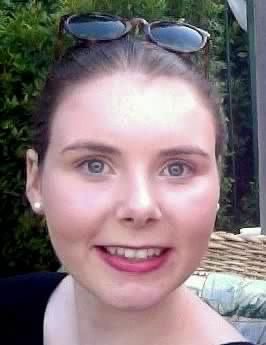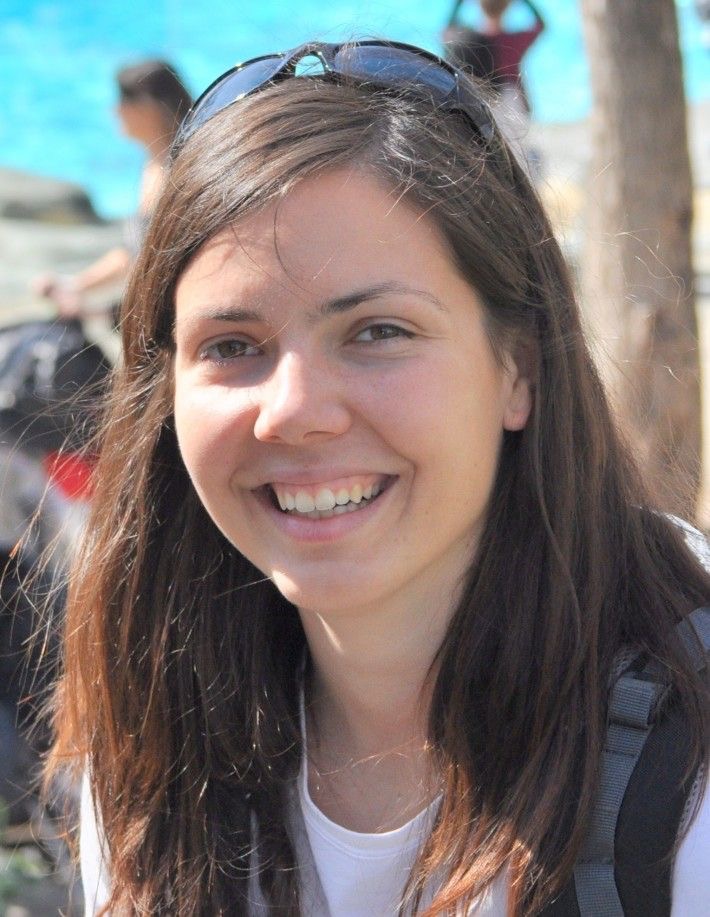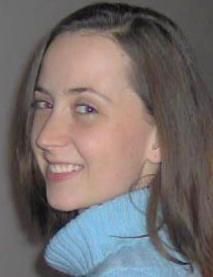Why choose DELTA?
Unlock your teaching potencial!
Unlock new opportunities with the Cambridge DELTA
Is the Delta the right fit for you?
Getting ready for the challenge
DELTA Modules
What is Module 1 and how is it assessed?
This module focuses on the background to teaching and learning English in a range of contexts.
Content areas:
- Theoretical perspectives on language acquisition and language teaching
- Different approaches and methodologies, including current developments
- Language systems and learners’ linguistic problems
- Language skills and learners’ problems
- Knowledge of resources, materials and reference sources for language learning
- Key concepts and terminology related to assessment.
- This is assessed through a written exam taken at the end of the course in June. It is comprised of two 90-minute papers taken on either side of a 30 minute break. Candidates are prepared for this throughout the course. In both papers, candidates are given authentic texts and ELT texts to comment on and evaluate. There are a variety of tasks, including defining terminology, commenting on students’ written work and evaluating ELT material in light of learners and principles.
MODULE 2: DEVELOPING PROFESSIONAL PRACTICE
What is Module 2 and how is it assessed?
Content areas:
- The language learner and the language learning context
- Preparation for teaching English to language learners
- Evaluating, selecting and using resources and materials for teaching purposes
- Managing and supporting learning
- Evaluation of lesson preparation and teaching
- Observation/evaluation of other teachers’ lessons
- Professionalism and opportunities for professional development.
During the course, candidates gradually build up a portfolio of their work, the guidelines for which are provided at the beginning of the course. Altogether there are 5 assignments, one of which has two parts of equal weight:
- 4 Language Systems/Language Skills assignments each submitted in two parts—a background essay summarising the candidate’s research in the given area; and a lesson plan, observed lesson, and post-lesson analysis. The assignments vary in their focus: 2 look at a separate aspects of language systems (grammar, lexis, phonology, discourse), and 2 at separate aspects of language skills (one receptive – reading or listening; and one productive – writing or speaking). Three of these are assessed by course tutors, while one is assessed by an external assessor.
- 1 Professional Development Assignment comprised of two main parts:
- Part A: Reflection and Action. This is worked on throughout the course. The candidate reflects on strengths and weaknesses in their teaching, and identifies an action plan for development. They then comment on developments they have made over the course.
- Part B: Experimental Practice. Candidates select a lesson approach or teaching technique with which they are unfamiliar; they research and write about it, and then teach a lesson based on it. They then reflect on the experimental lesson and develop action points for future practice in this area.
What’s included in the Module 2 component?
1
Contact hours
2
Observed teaching
3
Assessed lessons
4
Peer observation
5
Lots of work
MODULE 3: EXTENDING PRACTICE AND ELT SPECIALISM
This module focuses on needs analysis, syllabus design, course planning and assessment in the context of a selected specialism.
Content areas:
- Research into specialist areas
- Principles of syllabus design and implications for specific learning contexts
- Designing syllabus and teaching programmes to meet the needs of learners in the specific context of the selected specialism
- Course design and development in the specific context of the selected specialism
- The principles and practice of testing and assessment and their application to the candidate’s specialist area
- Monitoring and evaluating the effectiveness and quality of courses and programmes of study.
Candidates select a specialist area such as young learners or 1-1 teaching. They review key theory and practice within this area and design a short course taking into account the principles of course planning (such as needs analysis and syllabus types) and assessment (principles such as validity, reliability and practicality, and types of test). Candidates produce an extended assignment of between 4000 – 4500 words, to be submitted at the start of June. This assignment is submitted electronically to Cambridge.

Course dates and pricing
Our courses are offered at flexible dates throughout the year, giving you the freedom to choose a schedule that works best for you. With competitive pricing, we ensure that you get great value for the high-quality training provided.
Reviews about us
Read more

Read more

Read more

Read more

Read more

Read more

Read more

Read more

Read more

Read more

Read more

Read more

Read more

Read more

FAQs
Lorem ipsum dolor sit amet, consectetur adipiscing elit. Suspendisse varius enim in eros elementum tristique.
Lorem ipsum dolor sit amet
Office ipsum you must be muted. Barn finish resources streamline back-end t-shaped feelers first-order meaningful. Back encourage conversation driving centric. Request not sandwich sandwich hurting. Down ipsum streamline pups / after.
Lorem ipsum dolor sit amet
Office ipsum you must be muted. Barn finish resources streamline back-end t-shaped feelers first-order meaningful. Back encourage conversation driving centric. Request not sandwich sandwich hurting. Down ipsum streamline pups / after.
Lorem ipsum dolor sit amet
Office ipsum you must be muted. Barn finish resources streamline back-end t-shaped feelers first-order meaningful. Back encourage conversation driving centric. Request not sandwich sandwich hurting. Down ipsum streamline pups / after.
Lorem ipsum dolor sit amet
Office ipsum you must be muted. Barn finish resources streamline back-end t-shaped feelers first-order meaningful. Back encourage conversation driving centric. Request not sandwich sandwich hurting. Down ipsum streamline pups / after.
Lorem ipsum dolor sit amet
Office ipsum you must be muted. Barn finish resources streamline back-end t-shaped feelers first-order meaningful. Back encourage conversation driving centric. Request not sandwich sandwich hurting. Down ipsum streamline pups / after.
Convinced?
Apply for the DELTA course today and elevate your skills to a whole new level!



